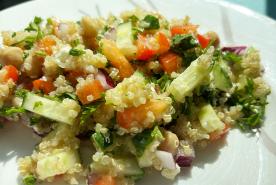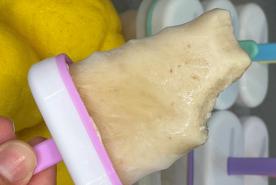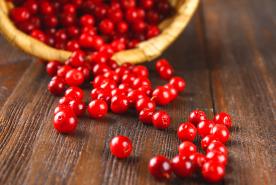February 24, 2015
A few small lifestyle changes can have a very big impact on your kidney health. The steps below should become part of your regular routine, right along with brushing your teeth!
1. Increase physical activity
This can be accomplished simply by walking more and taking the stairs, especially at a brisk pace to make it more aerobic (moving to the point where you get out of breath in order to have a better workout for your heart, lungs, and kidneys). Recent studies have found that people who sit for too long and do not engage in regular physical activity are more likely to develop kidney disease. Physical activity, especially aerobic activity, increases blood flow to major organs, including the kidneys. This allows for more efficient delivery of oxygen and nutrients for optimal body function. Aerobic activity also leads to reduced risk, or even improvement, in diabetes and high blood pressure, the two main causes of kidney disease! Any weight loss that results from aerobic activity is also of benefit for those who are obese or overweight because these conditions alone are known risk factors for kidney disease.
2. Try to treat minor pain symptoms without medication
Common pain medications such as ibuprofen, naproxen, and aspirin (non-steroidal anti-inflammatory drugs, or NSAIDs) can be damaging to the kidneys if used on a regular basis. Try topical approaches to pain relief such as heating pads and ice. Be aware that some over-the-counter pain relief patches also contain an NSAID and you can still absorb it through your skin. Prevention is always best, and a good warm up before any type of exercise may help avert pain. Massaging a sore area can be very effective, and headache pain can be alleviated by a cold pack, aromatherapy, and sometimes just by eating if you are hungry or drinking if you are dehydrated.
3. Read food and medication labels
High sodium intake can lead to increases in blood pressure, so be aware of the sodium content in your food, especially in packaged foods such as chips, processed cheese, luncheon meats, frozen meals and canned foods. Depending on what your healthcare provider recommends, your intake of sodium should most likely be between 1500 to 2000 milligrams (mg) per day. Read medication labels for sodium in medications such as those used for heartburn, and also check with your healthcare provider regarding cold and cough medications ingredients that can raise blood pressure. The other food additive in processed foods that should not be consumed in large quantity is phosphorus. So check labels for ingredients like sodium phosphate – even meat may be treated with phosphate additives. Visit NKF’s My Food Coach to get expert guidance on meal planning and search for recipes and ingredients that fit your personal nutrition needs.


















